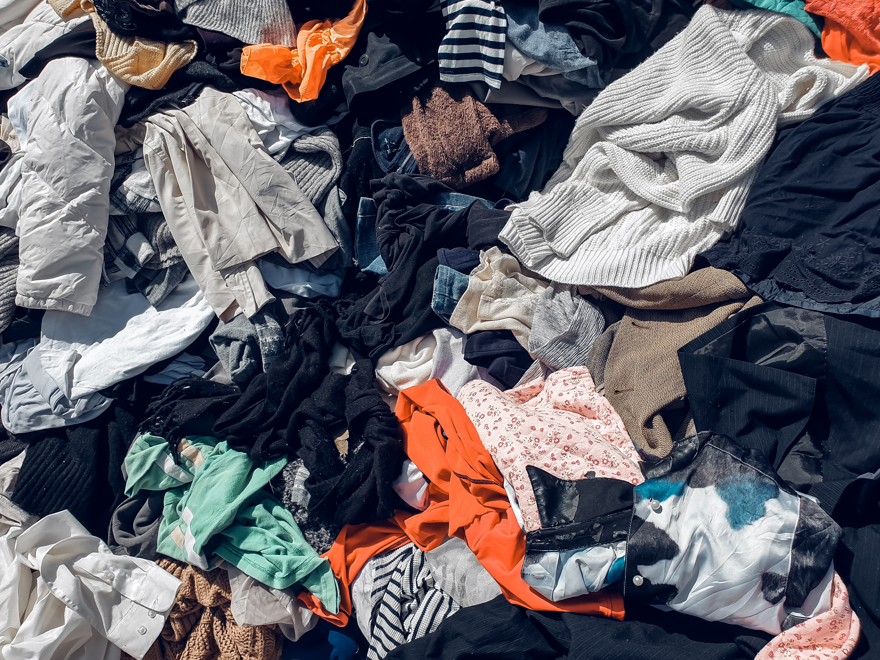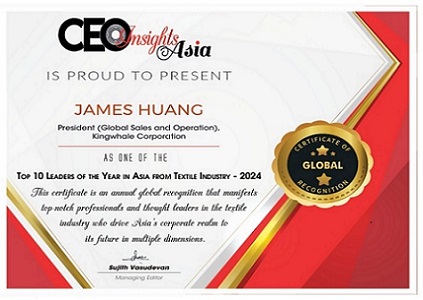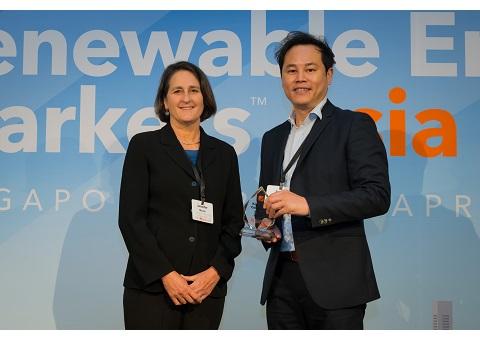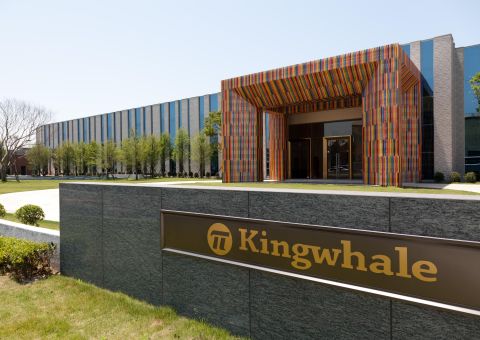News
Latest news
31.May.22
Taiwan Textile Federation (TTF) Announced the Launch of the "Textile Export Promotion Project" (TEPP)
Taiwan Textile Federation (TTF) Announced the Launch of the "Textile Export Promotion Project" (TEPP)
Taiwan textile manufacturers are making a concerted effort to adopt a circular economy mindset. This is good news for everyone - consumers, businesses, and the planet. Taipei, Taiwan--(Newsfile Corp. - May 31, 2022) -
The Taiwan Textile Federation (TTF) has continued to hold its "Textile Export Promotion Project" (TEPP) to promote exports of premium textile by exporters adopting circular economy principles. Taiwan Textile Industry Aims for Sustainable Manufacturing As a country that cares about sustainable development, Taiwan's textile industry attaches great importance to introducing advanced technology and using recycled materials to produce environmentally friendly products in a circular way. Leading textile manufacturers, such as Super Textile, Libolon, Kingwhale and Hermin, are playing an essential role in promoting a circular economy mindset.
Kingwhale - Making Taiwan Textile Industry More Sustainable
Kingwhale has set clear goals for cutting carbon emissions to protect the environment and promote sustainable development. By setting clear goals for becoming carbon neutral by 2050, Kingwhale has positively impacted the environment and contributed to a more sustainable future.
"That gives us a guideline and goal, starting from how we use our energy, source our energy," James Huang, general manager of Kingwhale, explained while praising the stricter environmental regulations in European countries.
The textile industry is notoriously complex, and sustainable fabric production often falls by the wayside as companies prioritize profit over environmental responsibility. However, Kingwhale is working to build a circular economy within the textile industry.
The circular economy relies on waste prevention and reduction, and it aims to keep resources in use for as long as possible. This means using durable fabrics that can be easily recycled or reused in the textile industry. It also means using metal-free sustainable dyes and finishes that won't harm the environment. Kingwhale is working to make the textile industry more sustainable by embracing these principles. And from a business standpoint, the company's commitment to sustainability is sure to set it apart from its competitors.
The textile industry has a significant environmental impact, from growing crops to the disposal of textile waste. In recent years, there has been an increased focus on sustainability in the textile industry, and Taiwan's textile manufacturers have been looking for ways to reduce their environmental footprint.

Kingwhale is looking into more sustainable processes and a more sustainable way of making products. To this end, the company believes that it needs to change its business model toward a circular economy. This should be the future of the Taiwan Textile industry. A circular economy is an economic system in which waste and pollution are eliminated or reduced. Products made from recycled materials are designed to be reused or recycled at the end of their life.
Taiwan textile manufacturers are making a concerted effort to adopt a circular economy mindset. This is good news for everyone - consumers, businesses, and the planet. Taipei, Taiwan--(Newsfile Corp. - May 31, 2022) -
The Taiwan Textile Federation (TTF) has continued to hold its "Textile Export Promotion Project" (TEPP) to promote exports of premium textile by exporters adopting circular economy principles. Taiwan Textile Industry Aims for Sustainable Manufacturing As a country that cares about sustainable development, Taiwan's textile industry attaches great importance to introducing advanced technology and using recycled materials to produce environmentally friendly products in a circular way. Leading textile manufacturers, such as Super Textile, Libolon, Kingwhale and Hermin, are playing an essential role in promoting a circular economy mindset.
Kingwhale - Making Taiwan Textile Industry More Sustainable
Kingwhale has set clear goals for cutting carbon emissions to protect the environment and promote sustainable development. By setting clear goals for becoming carbon neutral by 2050, Kingwhale has positively impacted the environment and contributed to a more sustainable future.
"That gives us a guideline and goal, starting from how we use our energy, source our energy," James Huang, general manager of Kingwhale, explained while praising the stricter environmental regulations in European countries.
The textile industry is notoriously complex, and sustainable fabric production often falls by the wayside as companies prioritize profit over environmental responsibility. However, Kingwhale is working to build a circular economy within the textile industry.
The circular economy relies on waste prevention and reduction, and it aims to keep resources in use for as long as possible. This means using durable fabrics that can be easily recycled or reused in the textile industry. It also means using metal-free sustainable dyes and finishes that won't harm the environment. Kingwhale is working to make the textile industry more sustainable by embracing these principles. And from a business standpoint, the company's commitment to sustainability is sure to set it apart from its competitors.
The textile industry has a significant environmental impact, from growing crops to the disposal of textile waste. In recent years, there has been an increased focus on sustainability in the textile industry, and Taiwan's textile manufacturers have been looking for ways to reduce their environmental footprint.

Waste from textile industry
Kingwhale is looking into more sustainable processes and a more sustainable way of making products. To this end, the company believes that it needs to change its business model toward a circular economy. This should be the future of the Taiwan Textile industry. A circular economy is an economic system in which waste and pollution are eliminated or reduced. Products made from recycled materials are designed to be reused or recycled at the end of their life.
Other
Latest news
27.Nov.24
Top 10 Leaders of the Year in Asia from Textile Industry - 2024
Latest news
27.Apr.23
Kingwhale Wins 2023 Renewable Energy Markets™ Asia Awards
Latest news
18.Aug.22






